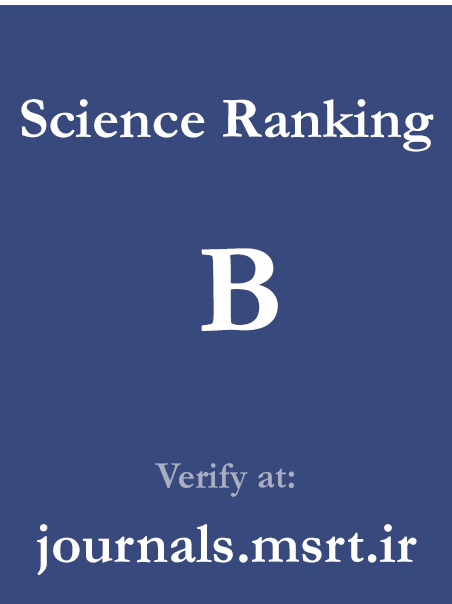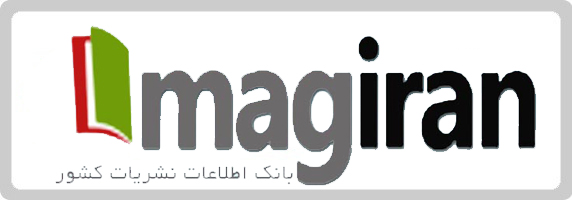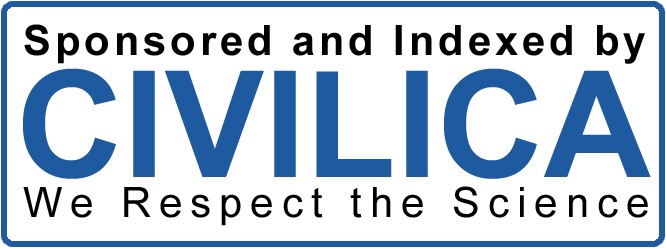Investigating the Impact of Corrective Feedback on Interlingual/Intralingual Grammatical Interference
Abstract
Introduction and Goal: This study examines the efficacy of corrective feedback (CF) types—recasts, elicitation, and metalinguistic feedback—in addressing interlingual (L1-influenced) and intralingual (L2-systemic) grammatical errors among Iranian intermediate EFL learners. Grounded in Richards' (1974) error classification, the research aims to: (1) compare CF effects across gender groups, (2) identify optimal feedback strategies for each interference type, and (3) inform pedagogical practices for error reduction. Methodology: A quasi-experimental design was employed with 90 participants (60 selected via Nelson Proficiency Test, M=25, SD=9) randomly assigned to six groups (three males, three female). Each group received one CF type (recast, elicitation, or metalinguistic) during 10 instructional sessions. Data were collected through pre-/post-tests (Grammaticality Judgment Tests) and analyzed via paired samples t-tests and two-way ANOVA using SPSS 26. Inter-rater reliability was high (Cronbach’s α=0.91). Findings: Recasts significantly improved accuracy (p<0.001) for both genders (male: pretest M=12.33→posttest M=14.03; female: M=12.19→15.05). Metalinguistic feedback showed the highest efficacy (male: M=12.20→15.06, p<0.001; female: M=12.32→14.03, p<0.001), particularly for intralingual errors. Elicitation had moderate effects (male: M=12.30→14.01; female: M=12.34→14.05), with greater impact on interlingual errors. Gender differences were negligible (p>0.05), suggesting universal CF applicability. Conclusion: Metalinguistic feedback emerged as the most effective for grammatical accuracy, likely due to its explicit rule explanation. Recasts enhanced fluency, while elicitation balanced both dimensions. The study confirms CF’s critical role in mitigating L1/L2 interference, with implications for differentiated error correction strategies.
Downloads
References
1. Ni F, Xu W. How do English proficiency and learning motivation shape EFL students' emotions toward written corrective feedback? System. 2025;131:103681. doi: 10.1016/j.system.2025.103681.
2. Al-Khresheh MH. A review study of error analysis theory. International Journal of Humanities and Social Science Research. 2016;2:49-59.
3. Karim A, Mohamed AR, Ismail S, Shahed FH, Rahman MM, Haque MH. Error analysis in EFL writing classroom. International Journal of English Linguistics. 2018;8(4):122-38. doi: 10.5539/ijel.v8n4p122.
4. Ellis R, Loewen S, Elder C, Erlam R, Philp J, Reinders H. Implicit and explicit knowledge in a second language learning, testing and teaching: Clevedon: Multilingual Matters; 2009.
5. Darabad AM. Corrective feedback interventions and EFL learners' pronunciation: A case of-s or-es ending words. International Journal of Learning and Development. 2014;4(1):40-58. doi: 10.5296/ijld.v4i1.5010.
6. Bölükbaş F. An evaluation of Arab students' Turkish writing skills. International Periodical for the Languages, Literature and History of Turkish or Turkic. 2011;6(3):1357-67. doi: 10.7827/TurkishStudies.2415.
7. Soleimani N, Rahimi M. (Mis) Alignment of Iranian EFL Teacher’s Written Corrective Feedback Beliefs and Practices From an Activity Theory Perspective. Cogent Education. 2021;8(1). doi: 10.1080/2331186x.2021.1901640.
8. Rahimi M. The role of teacher's corrective feedback in improving Iranian EFL learners' writing accuracy over time: Is learner's mother tongue relevant? Reading and Writing. 2019;22(2):219-43. doi: 10.1007/s11145-008-9139-5.
9. Li S. Corrective feedback in L2 speech production. The TESOL Encyclopedia of English Language Teaching2018. p. 1-9.
10. Karimi L, Esfandiari N. The effect of recast vs. explicit corrective feedback on Iranian EFL learners' stress patterns learning. Theory and practice in language studies. 2016;6(6):1166-74. doi: 10.17507/tpls.0606.05.
11. Rafizade Tafti MR, Rahimi Esfahani F, Shafiee S. The Impact of Audio Corrective Feedback on Iranian EFL Learners’ Writing Improvement at Micro and Macro levels: Static and Dynamic Assessment in Focus. iase-idje. 2023;6(3):204-15. doi: 10.61186/ijes.6.3.204.
12. Han Y, Hyland F. Academic emotions in written corrective feedback situations. Journal of English for Academic Purposes. 2019;38:1-13. doi: 10.1016/j.jeap.2018.12.003.
13. Hanh PT, Tho PX. Oral Corrective Feedback in EFL/ESL Classrooms: Classification models. VNU Journal of Foreign Studies. 2018;34(5).
14. Bryfonski L, Ma X. Effects of Implicit versus Explicit Feedback on Mandarin Tone Acquisition in a SCMC Learning Environment. Studies in Second Language Acquisition. 2019;42(1):61-88. doi: 10.1017/S0272263119000317.
15. Gooch R, Saito K, Lyster R. Effects of Recasts and Prompts on Second Language Pronunciation Development: Teaching English /r/ to Korean Adult EFL Learners. System. 2016;60:117-27. doi: 10.1016/j.system.2016.06.007.
16. Jalal BR, Alahmed KI. The effect of using recast and explicit corrective feedback on improving English pronunciation of Iraqi intermediate school students. Journal of Positive School Psychology. 2022;6(10):1264-72.
17. Moradian MR, Miri M, Hossein Nasab M. Contribution of written languaging to enhancing the efficiency of written corrective feedback. International Journal of Applied Linguistics. 2015;27(2):406-26. doi: 10.1111/ijal.12138.
18. Marzban A, Mansouri Qadikolaei A. The impact of peer corrective feedback on extroverted and introverted Iranian elementary L2 learners' reading comprehension. Journal of Modern Research in English Language Studies. 2023;10(4):87-111.
19. Demszky D, Liu J, Hill HC, Jurafsky D, Piech C. Can automated feedback improve teachers' uptake of student ideas? Evidence from a randomized controlled trial in a large-scale online course. Educational Evaluation and Policy Analysis. 2024;46(3):483-505. doi: 10.3102/01623737231169270.
20. Rostami M, Longo V. Teachers’ Narratives on Implementing AI-Based Learning Tools for Students with Severe Disabilities. Psychological Research in Individuals with Exceptional Needs. 2024;2(2):20-7. doi: 10.61838/kman.prien.2.2.4.
21. Yalçın M, Erdoğan M. Analyzing the effect of teacher feedback on student performance in mathematics. Journal of Mathematics Education. 2023;15(3):200-15.
22. Guzmán-Muñoz FJ. Effects of making errors in learning a foreign language. Journal of Cognitive Psychology. 2020;32(2):229-41. doi: 10.1080/20445911.2020.1711766.
Downloads
Published
Submitted
Revised
Accepted
Issue
Section
License
Copyright (c) 2025 Banafsheh Mostofi Shalmani, Omid Pourkalhor, Saeed Safdari (Author)

This work is licensed under a Creative Commons Attribution-NonCommercial 4.0 International License.




